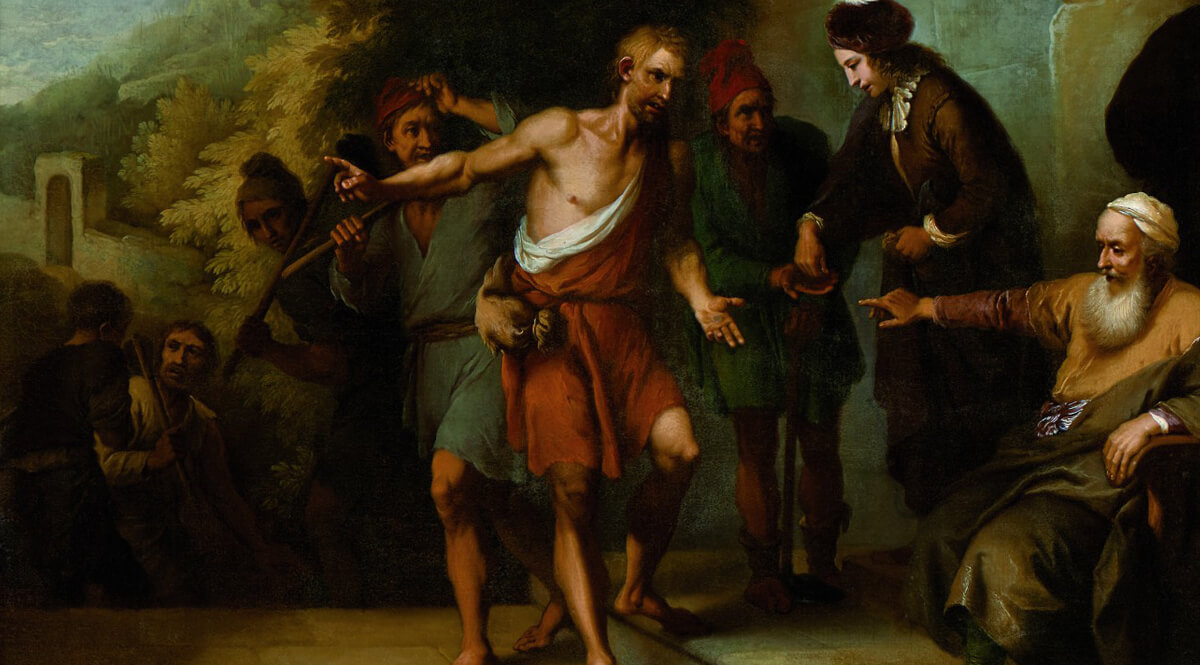Jijo Kandamkulathy, CMF
Claretian Publications, Macau
25TH SUNDAY IN ORDINARY TIME – YEAR A
Mt 20:1-16
In the parable, the master provokes the anger of the workers of the first hour, who cannot even hold up for fatigue and are forced to witness the irritating scene of payment of the same wages promised to them being made to those who had idled up until the last minute. It is in this surprising and disconcerting behavior of the master that the message of the parable is perceived. Let us analyze it deeper.
With the workers of the first hour, he had agreed on a silver coin. What would have been just in the case of those who joined later, especially those with whom no agreement had been made? What did the master mean by “just”? The workers understood him according to their criteria of judgment. They were convinced that he would take into account merits. The owner instead followed his own justice and distributed his goods in a completely free and open way. He did not wrong anyone; he just decided not to consider merits. He gave to everyone according to their needs and, of course, the first to benefit were the last, the poorest (v. 16). That’s the surprise of God; that is His strange way of conceiving and practicing justice.
The parable is the clearest provocative denouncement that can be imagined of the religion of merits taught by the spiritual guides of Israel. The rabbis taught that he who fulfills a precept acquires for himself a lawyer; he who commits a transgression acquires for himself a prosecutor. All God’s judgments are based on measure for measure. They completed their catechesis talking about books kept in heaven, on which the meritorious deeds and transgressions were carefully noted.
With this parable, Jesus destroyed forever this self-righteous way of relating to God. The love of the Lord is never bought, conquered or assessed based on good works. It is received freely and in proportion to the need. “God has filled the hungry with good things, but he sent the rich away empty” (Lk 1:53).
Many “just ones” feel an unacknowledged envy against one who, being converted at the last moment, had the good fortune to “work less,” to enjoy life more. Here is the error: to think that joy consists in being far from God and that faithfulness to His word deserves a prize.
Blessed are the servants who came first in the “vineyard of the Lord.” They surely have also struggled. They have enjoyed “since morning” the presence of the Lord. The workers of the first hour are those who have spent every day of their lives in the intimacy with God and in listening to His Word. The others who presented themselves late at the appointment, who did not let themselves be found when the Lord came to call them, have lost many opportunities that were offered to them.
Ultimately, in the Christian community no one can think of oneself as superior to others because no one can consider oneself a veteran for having been converted first, or for practicing the gospel more faithfully. No one is master of the “vineyard”—all are workers, all are brothers and sisters.
Indebted to Fr. Fernando Armellini SCJ


 Follow
Follow


